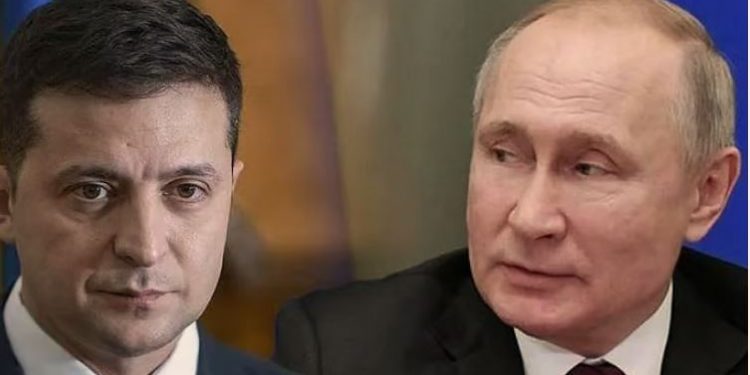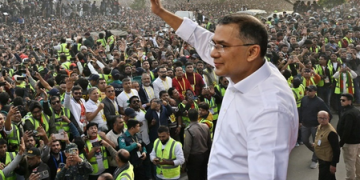The first direct parleys between Russia and Ukraine in three years should have been a watershed moment in the ongoing war between the two countries. But, it took less than two hours in Istanbul on 16 May to become crystal clear that the direct negotiations were nothing but a failure. However, such an outcome was expected even though the two sides managed to reach an agreement to exchange 2,000 prisoners.
As it turned out, for Russian President Vladimir Putin the negotiations were a dilatory or even an avoidance tactic. His objective is not difficult to understand as he came under renewed pressure after a proposal for a 30-day ceasefire had been put forward at a summit in Kyiv where key European leaders gathered with President Volodymyr Zelenskyy to support Ukraine. Zelenskyy too had openly been snubbed by US President Trump and hence did not risk provoking the latter further. He decided to come to Turkey, while throwing, at the same time, a challenge to Putin to attend the talks. What was more, Trump himself had not ruled out that he might come and join the two Presidents, squeezing out time from his diplomatic tour of the Arabian Peninsula, should such a summit materialize.
But in the end, Putin refused to travel to Turkey and sent a lower-ranking delegation. He seems to be putting across the message to the world that he has no interest in discussions aimed at ending the war that he himself had started. Perhaps, his major premise is that in the war he is in a position of strength and hence on the driver’s seat to dictate its course.
Also Read: Russia expects to address major issues in upcoming talks with Ukraine
The whole development offers some lessons to global players, especially Trump. The key lesson is that it is not prudent for a country to unreservedly align with the aggressor’s positions at the victim’s expense. The second lesson for Trump is that by entrusting this complex issue to his envoy, a completely inexperienced diplomat and wealthy real estate developer like Steve Witkoff, has its own down side. This has put the White House in such an embarrassing position that Republican Senator Lindsey Graham of South Carolina advocated that “devastating” new sanctions are needed to deprive Russia of the oil revenue that funds the war, if the Kremlin continues to reject the prospect of peace negotiations. But, more than that the US can force Russia to come to the negotiating table by resuming arms deliveries to Ukraine. The European Union has already geared its efforts in this direction. But, this is easier said than done since the US under Trump has portrayed Ukraine and the EU, instead of Russia, as the source of all the problems.
Significantly, a day before the summit Trump declared, “nothing will happen” on Ukraine as long as Putin does not meet him. He, however, carefully avoided unveiling his plan to end the fighting, should such a Russia-US summit occur. The key question surely remains whether Trump can be persuaded to be more helpful to Ukraine and its European allies rather than supportive of Putin. Trump’s insistence that only a meeting with Putin can yield results is chilling, to say the least. Whatever is achieved on the diplomatic stage, the fact remains that Russian attacks are still on. An immediate ceasefire is the need of the hour.






































